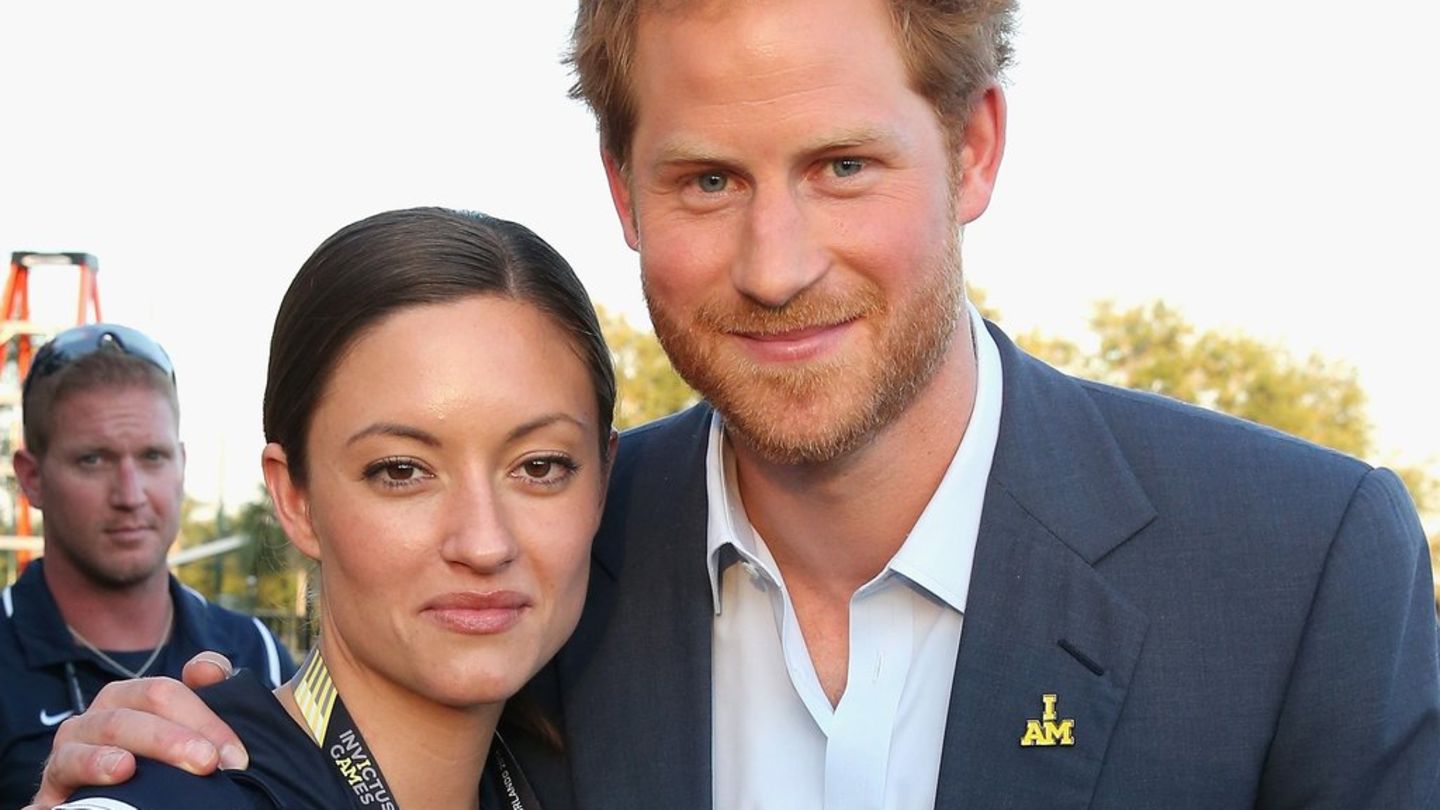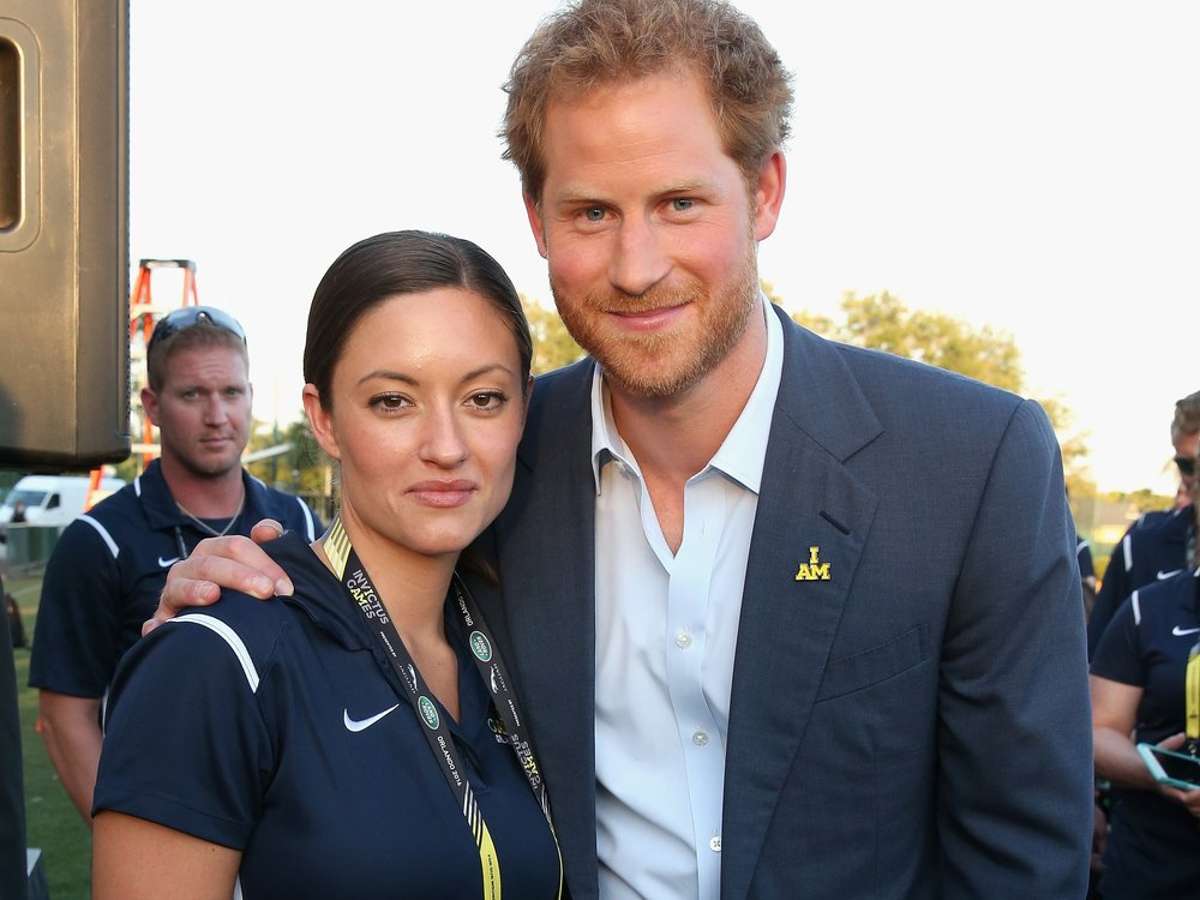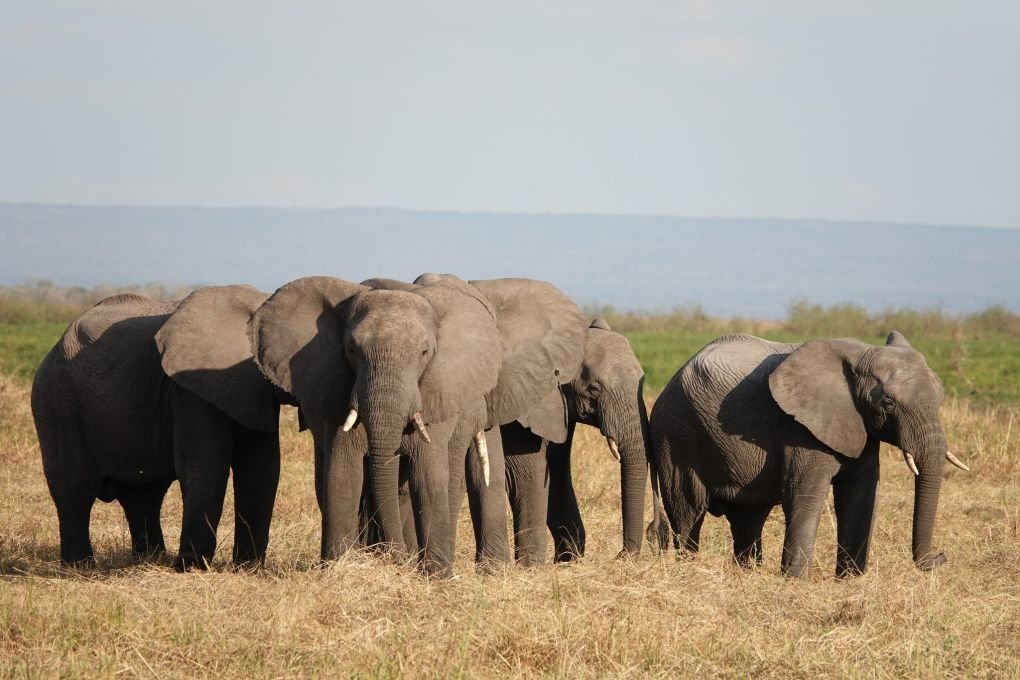At the end of the first week of negotiations, Panama is all about ivories, hippos, and elephants. Not all contracting states are satisfied with the outcome after heated discussions.
At the end of the first week, a number of important decisions were made at the Cites World Species Conference in Panama. Government officials from 184 countries decided yesterday that the ivory trade will remain prohibited and that sea cucumbers and guitar fish will be better protected in the future. On the other hand, the stricter protection of elephants from South Africa and the trade ban on hippos were rejected.
Parties to the Washington Convention on International Trade in Endangered Species (Cites) are meeting in Panama to protect some 600 endangered wild species from excessive trade. They vote on committees on trade bans or trade restrictions, which still have to be confirmed in plenary at the end of next week’s conference.
The ivory trade ban is a point of contention
At the end of the first two weeks of the conference, positions were sometimes fiercely opposing, particularly in the debate over the protected status of large African mammals. Zimbabwe’s proposal to ease the ban on the ivory trade was rejected in its country as well as in Botswana, Namibia and South Africa.
The WWF Environmental Foundation welcomed this decision. “20,000 elephants fall victim to poaching in Africa every year. Opening up international ivory markets is likely to increase the number,” said Arnulf Kuhnke, species protection specialist at the WWF. The ivory trade has been largely banned since 1989.
An attempt by West and Central African nations with smaller elephant populations to place larger populations than southern Africa under the highest conservation status has been rejected. Tighter protections for hippos, which are at different risk by country in Africa, have also been denied.
“Today the international community has shown a clear disapproval of the elephant ivory trade – unfortunately this does not apply to hippos, which are also victims of ivory poaching,” said Daniela Fryer of Pro Wildlife. The teeth of these animals are traded internationally for ivory carvings, among other things.
WWF expert: “Good day for marine animals”
On the other hand, there was good news for the inhabitants of the seas and rivers. Three species of sea cucumber, 37 species of guitarfish and stingray in freshwaters of South America have been placed under international protection for the first time. “It’s a good day for marine animals,” said WWF expert Heike Zedewitz.
In the future, trade in these animal species will require certification and permits. Known as the vacuum cleaner of the sea floor, sea cucumbers are a prized delicacy in Asia. Rays, like sharks, are traded for their fins and meat.
CITES delegates had already placed 60 shark species under protection for the first time on Thursday. With the decision on rays, CITES is now launching what may be the largest protection package for sharks and rays, Zedwitz said. More than 90 percent of all shark and rays traded will in the future be subject to CITES.
The agreement was signed nearly 50 years ago. It already regulates or bans international trade in 38,000 endangered species to protect wild fauna and flora from over-exploitation. (dpa)

“Alcohol buff. Troublemaker. Introvert. Student. Social media lover. Web ninja. Bacon fan. Reader.”







More Stories
Pluto: Astrophysicists have now found a scary explanation
“Time seems to cure long Covid.”
Science: The use of artificial intelligence is changing the way hospitals operate